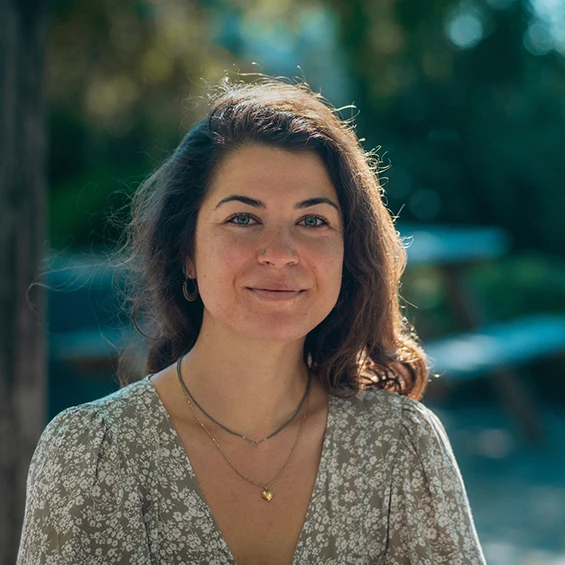Creative Writing
- Master of Fine Arts (MFA)
- Master’s Program
Mode of study:
Be the storyteller, poet, world-builder, truth-teller, scene-maker, or activist you’ve always wanted to be. The MFA in Creative Writing program at USM combines independent writing projects with immersive bi-annual residencies on Maine’s scenic coast. You explore a vibrant curriculum, delve into the roots of craft, and bring your voice to life, while sharpening the direction of your career.
Flexible schedule & inspiring experience
Complete independent writing projects through online correspondence and join us in Maine for transformative residencies
Social justice, inclusivity & equity
Challenge conventional thinking while intersecting with the most urgent issues of our time
Award-winning faculty & alumni
Join an acclaimed network of published writers, poets, academics, and valued members of the literary community
Credit hours
60 required credit hours.
Program duration
Complete the program in 2 years.
Department
Admissions
Apply by March 1 for summer residency & fall term; September 1 for winter residency & spring term.
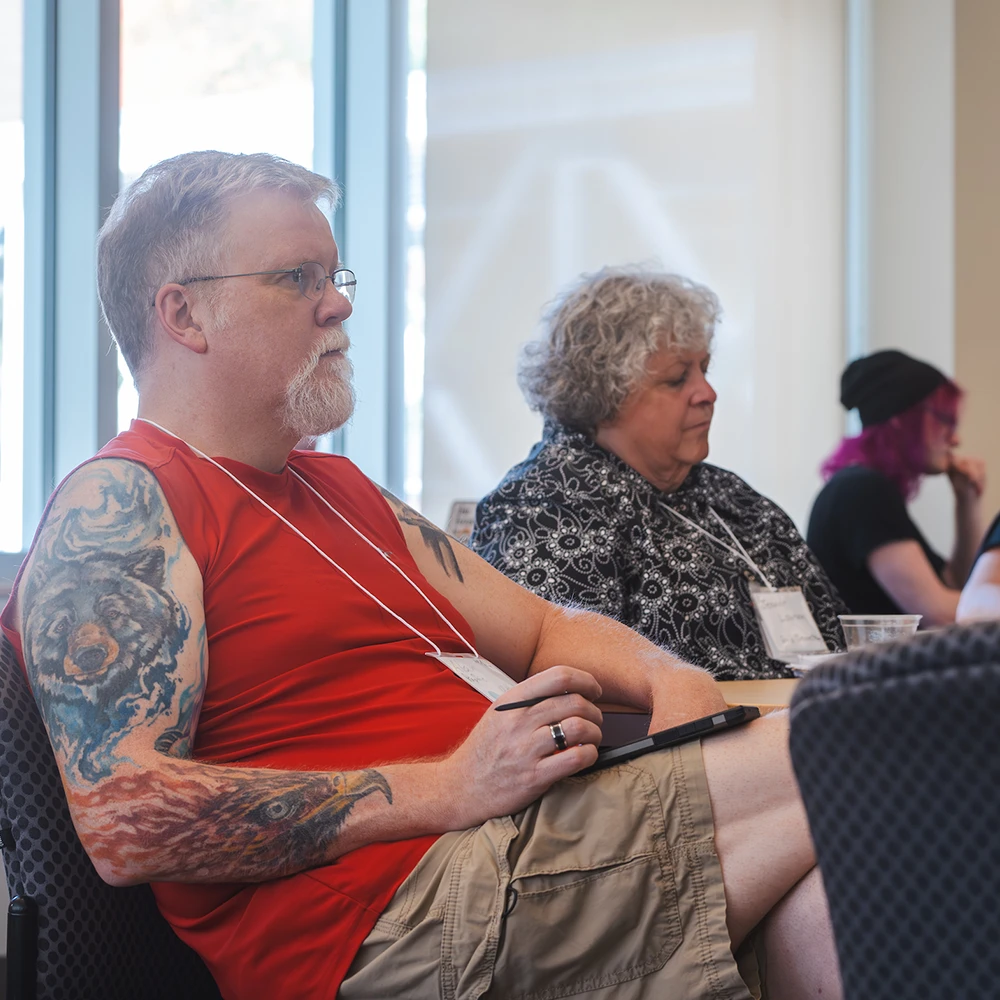
Low-residency with high standards
The Stonecoast MFA program is uniquely inclusive while also dynamic and challenging. You alternate between six-month independent writing projects and 10-day in-person residencies. You benefit from a support network as you tackle your own projects, analyze the works of masters, and, ultimately, undertake a creative thesis.
Academic rigor & freedom to experiment
Explore creative nonfiction, fiction, poetry, popular fiction, or scriptwriting, with the freedom to write across multiple genres. Grow your skills as a writer and deepen your craft through rigorous work and intensive residencies – while working with talented, dedicated faculty members who are committed to helping you develop as an artist.
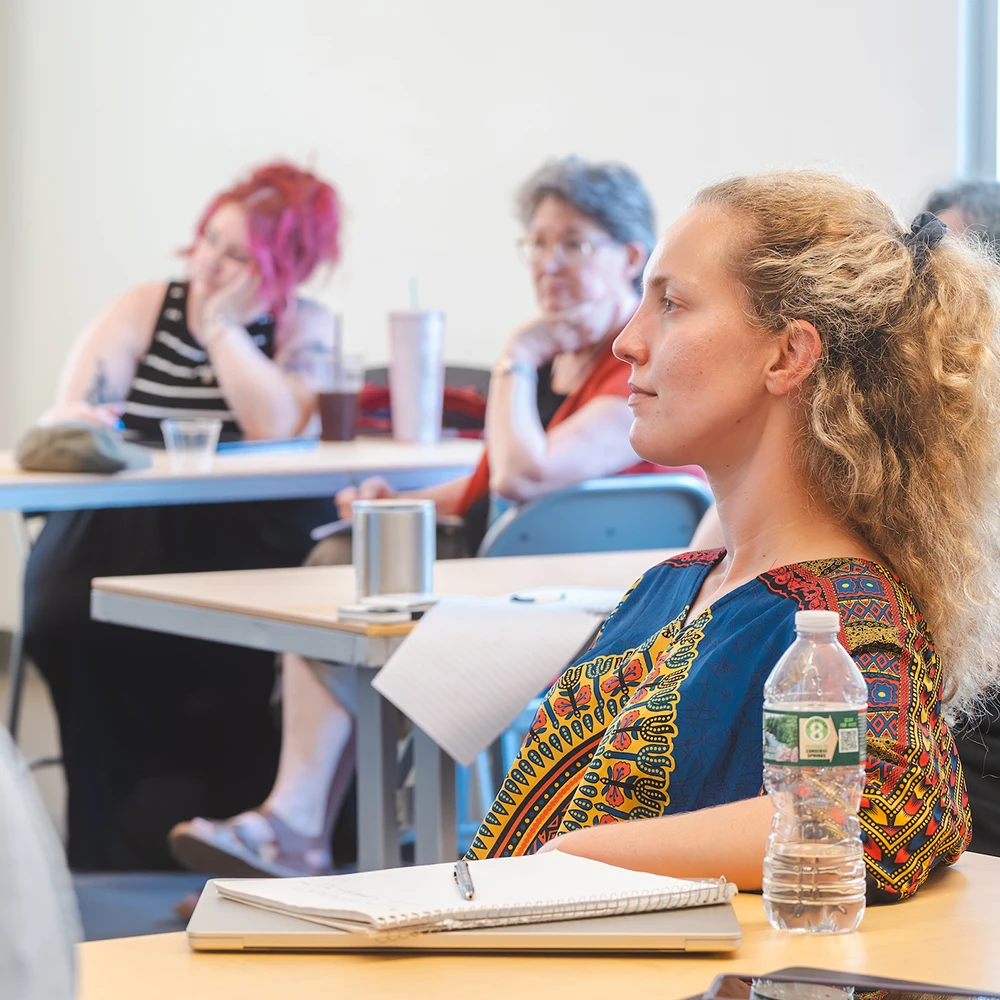
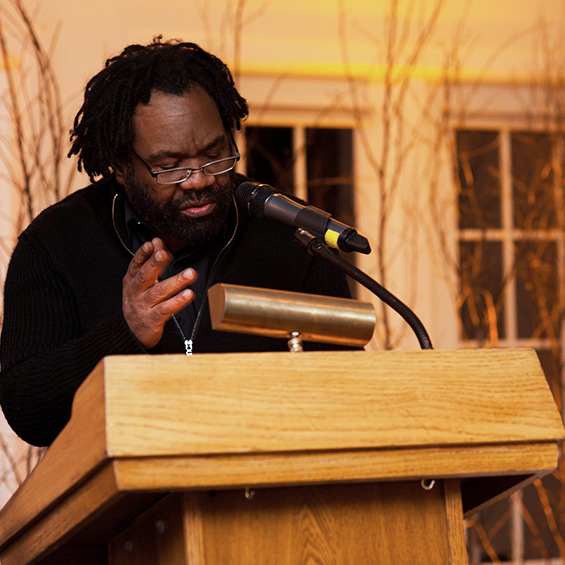
Beyond the page
Whether you’re working for the Stonecoast Review, pursuing an internship or teaching experience, or giving a public reading, you gain experience in the professional literary world. Twice each year, you visit the Maine coast for immersive residencies that center around innovative workshops, faculty seminars, student presentations, and public readings. You’re part of a community of writers who are committed to perfecting their craft and supporting each other.
Where can you go with a master’s degree in creative writing?

Prepare for professional writing life
Learn the business of professional writing and publishing in an MFA program that is deeply rooted in social justice, inclusivity, and equity.
We’re here to help answer questions about costs
What to expect when you join the Stonecoast MFA writing program
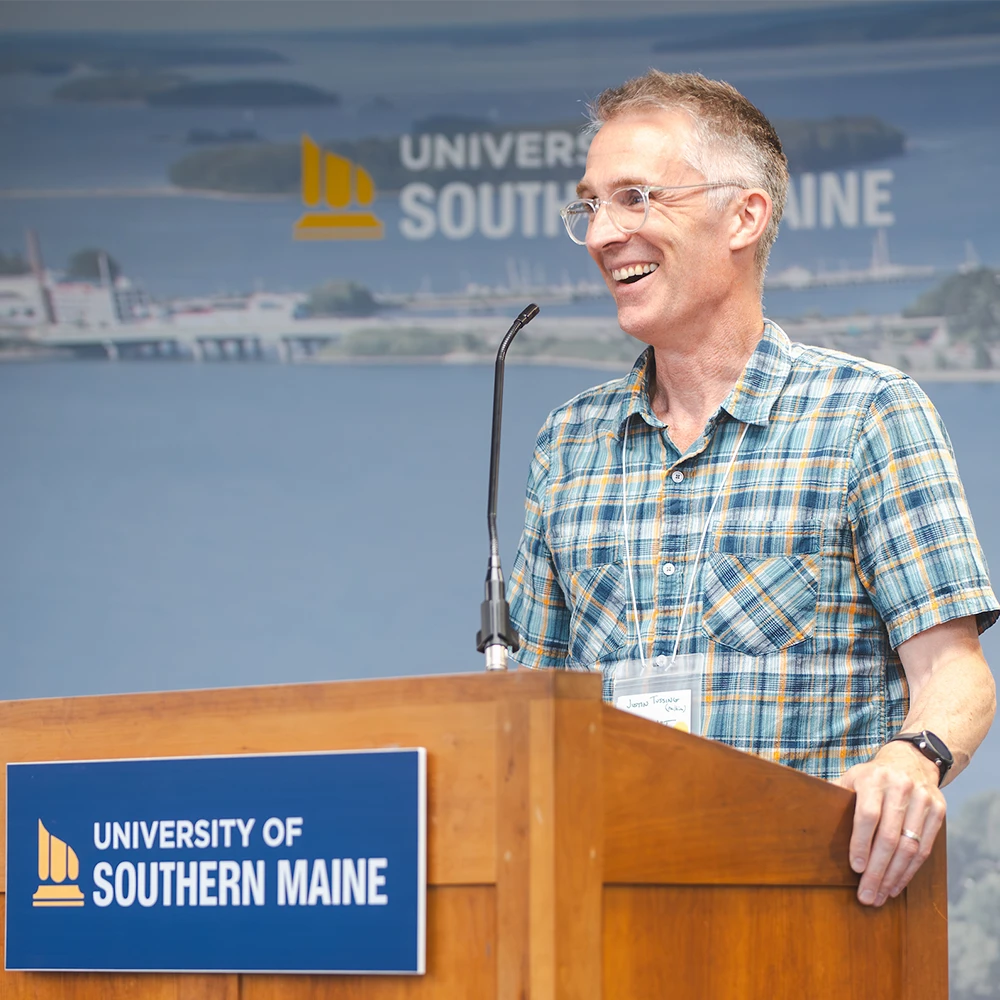
Excellence in artistry
Our dedicated, widely-published faculty push the boundaries of their craft across all genres. These world-class writers are dedicated to helping you find your voice and further your work.
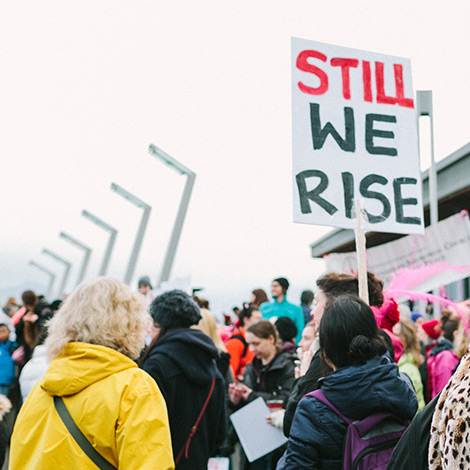
Writing for Inclusivity and Social Equity (WISE)
Our WISE initiative is more than a list of books or classes: social justice writing, inclusivity, and equity are central to our mission. You’re empowered to create social change and publish writing that affirms human dignity, defends civil rights, and fights for social equity and environmental justice.
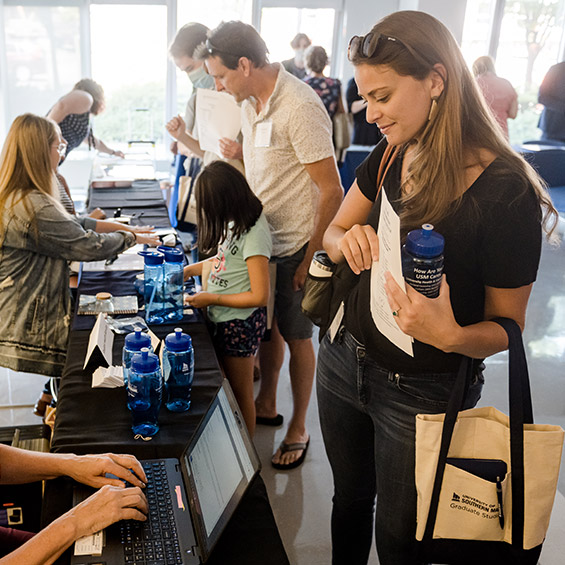
Graduate student support
Connect with the Office of Graduate Studies for professional development, scholarship, and graduate assistantship opportunities. Join fellow grad students through Peer Mentorship and the Graduate Student Board.
Admission information: MFA in Creative Writing
Application deadlines
| Deadline | Summer residency/Fall term | Winter residency/Spring term |
|---|---|---|
| Application deadline | March 1 | September 1 |
Next steps
Our graduate admissions counselors are here to answer you questions about the admissions process, our academic programs, and student support services.
Request information
Complete this form to get more information about our University.


